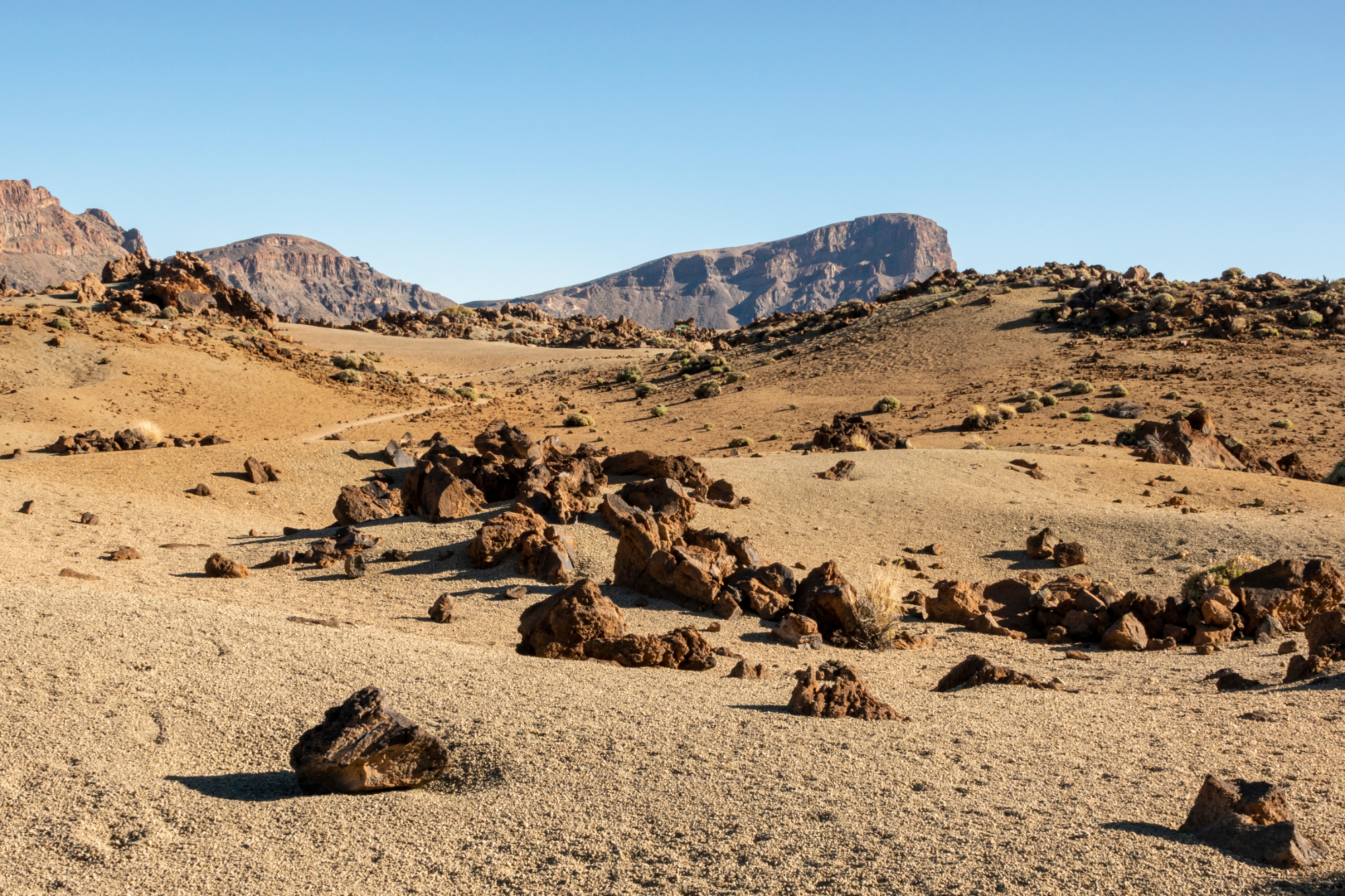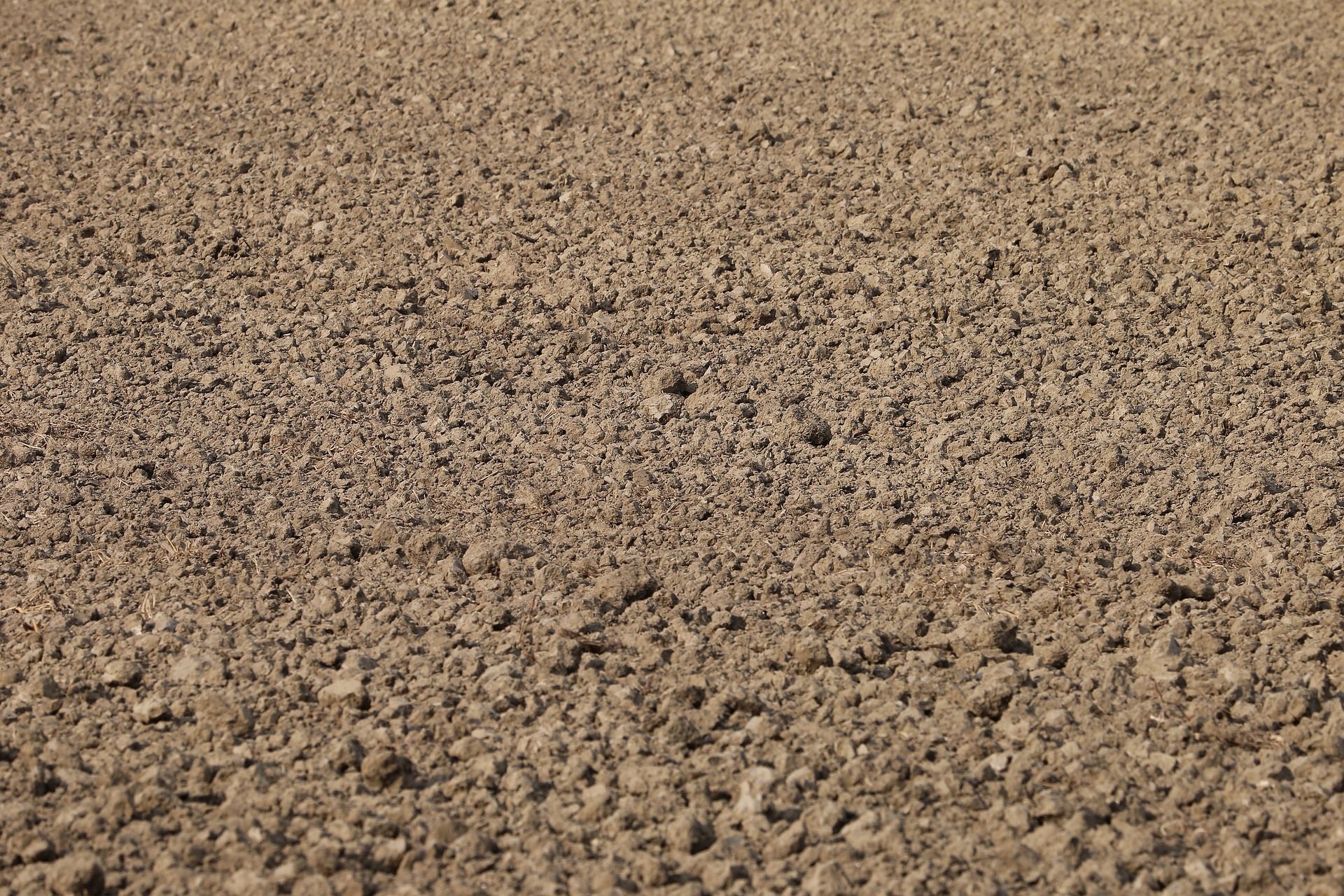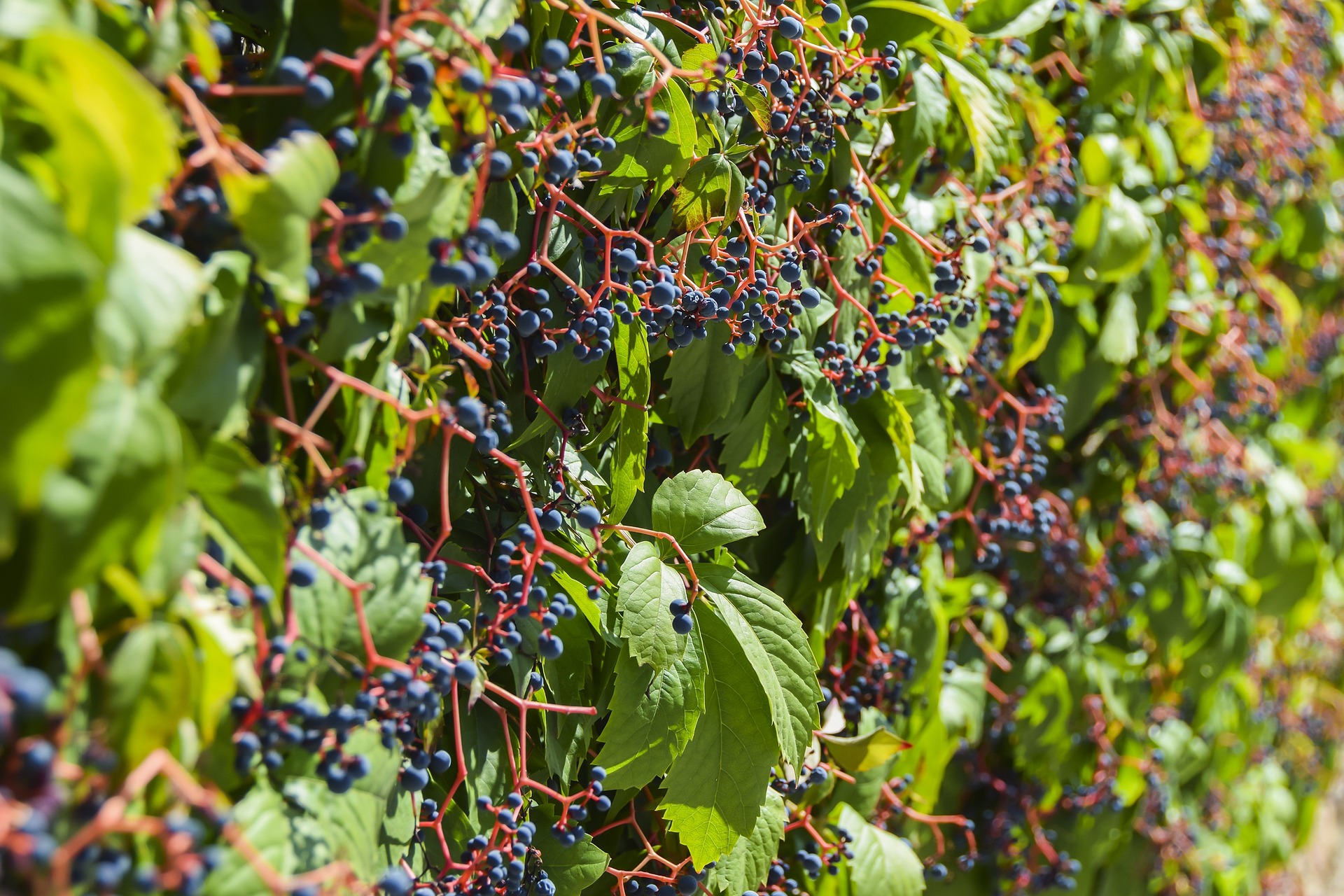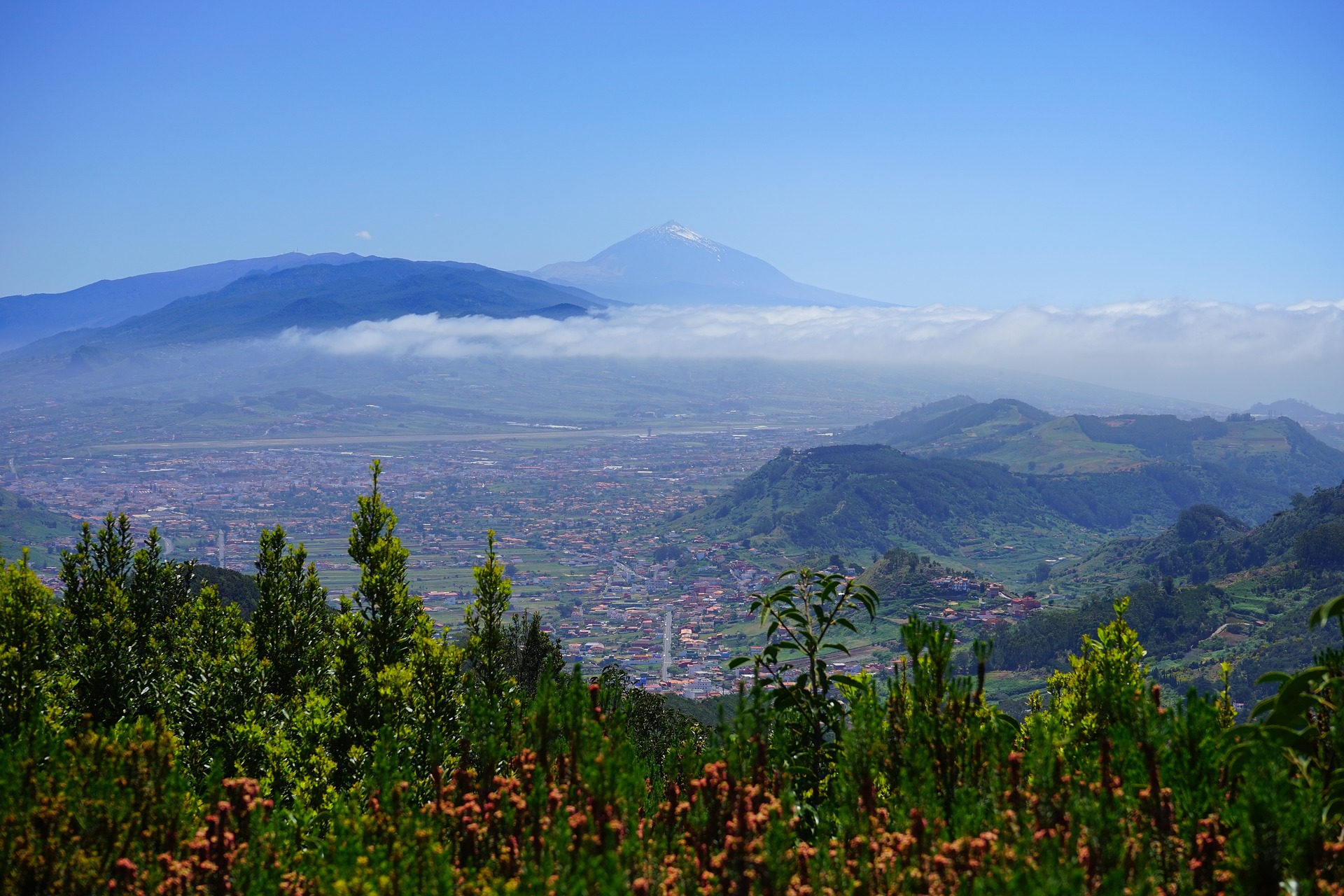Tenerife, the largest of the Canary Islands, is not just a paradise for sun-seekers and adventure lovers—it’s a treasure trove for wine enthusiasts. One of the key factors behind the distinctiveness of Tenerife’s wines is its volcanic soil. This fertile yet challenging terrain, born from ancient eruptions, gives rise to wines with a character that’s as bold and unique as the island itself.
A Landscape Forged by Fire

The story of Tenerife’s volcanic soil begins millions of years ago with fiery eruptions that shaped the island’s dramatic landscape. The towering Mount Teide, one of the world’s tallest volcanoes, still stands as a guardian over this unique environment. The lava flows and ash deposits left behind created a diverse tapestry of soil types across the island, ranging from sandy and rocky to mineral-rich and porous.
This diversity allows Tenerife’s vineyards to cultivate a wide variety of grapes, each influenced by the specific microclimate and soil composition of their region.
How Volcanic Soil Impacts Wine

Volcanic soil is known for its rich mineral content, including potassium, magnesium, and calcium, which are absorbed by the vines. These minerals play a significant role in shaping the flavor profile of Tenerife’s wines. Here’s how:
- Enhanced Minerality: Wines from volcanic soils often have a pronounced minerality, offering flavors reminiscent of flint, slate, or wet stone. This minerality adds depth and complexity to the wines, making them stand out on the palate.
- Natural Acidity: The porous nature of volcanic soil helps retain water while also providing excellent drainage. This balance allows the vines to thrive in Tenerife’s sunny climate while maintaining a natural acidity that gives the wines a refreshing crispness.
- Low-Yield Vines, Intense Flavors: The challenging terrain often leads to lower grape yields. However, what the vines lack in quantity, they make up for in quality. The result is intensely flavored wines with concentrated aromas and vibrant profiles.
Grapes Thriving in Volcanic Soil

Tenerife’s volcanic soil is a perfect match for its native grape varieties, many of which are found nowhere else in the world. Here are a few standouts:
- Listán Blanco (Palomino): Often used to produce fresh, aromatic white wines with hints of citrus and a striking mineral backbone.
- Listán Negro: A versatile red grape known for its fruity, spicy, and earthy characteristics, often described as smoky or volcanic.
- Malvasía Volcánica: A star among Tenerife’s whites, this grape produces sweet and dry wines with floral and tropical notes, balanced by zesty acidity.
Why Tenerife Wines Stand Out Globally

Tenerife’s wines have gained recognition on the global stage for their authenticity and bold flavors. Here’s why:
- A Rare and Exclusive Experience: Tenerife’s native grape varieties and volcanic soil create wines that can’t be replicated elsewhere. This exclusivity makes them highly sought after by wine connoisseurs.
- Sustainability and Tradition: Many of Tenerife’s winemakers still use traditional methods, including hand-harvesting and minimal intervention winemaking. This dedication to craftsmanship enhances the wines’ authenticity.
- Diverse Wine Regions: Tenerife boasts five Denominations of Origin (DOs), each with its own unique climate and soil profile, offering a wide spectrum of wine styles—from crisp whites to robust reds.
Tasting Tenerife’s Volcanic Wines

To truly appreciate the role of volcanic soil in Tenerife’s wines, there’s no better way than to experience them firsthand. Visit local vineyards, join a wine tasting tour, or simply savor a glass of Listán Negro alongside Canarian papas arrugadas with mojo sauce.
A Toast to Tenerife
The volcanic soil of Tenerife isn’t just a foundation for its vineyards—it’s the soul of its wines. This rare and challenging terrain gives rise to bottles that tell a story of resilience, tradition, and the unique spirit of the island.
So, raise a glass to Tenerife’s volcanic wines and discover a taste that’s as extraordinary as the land it comes from.
